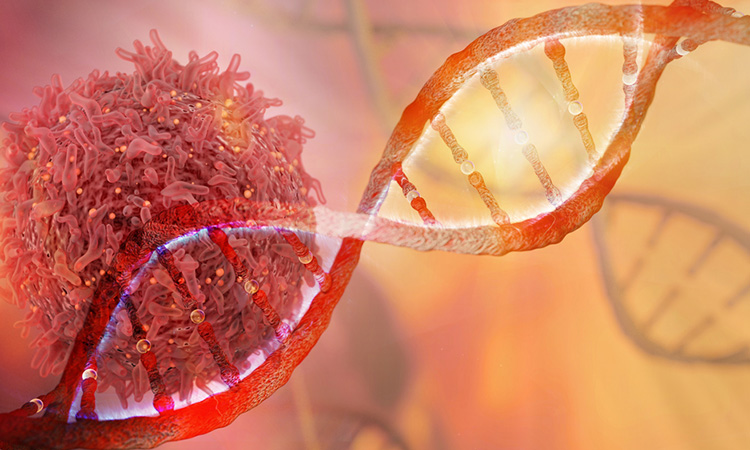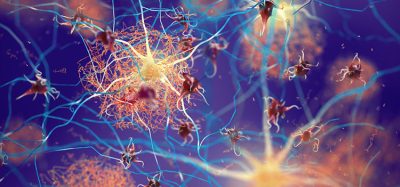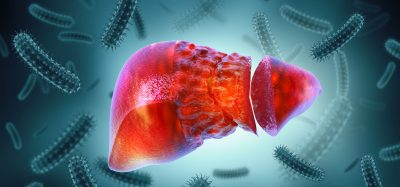How RNA molecules can control repair of human DNA in cancer cells revealed
Posted: 1 March 2022 | Ria Kakkad (Drug Target Review) | No comments yet
New research from the Karolinska Institutet shows that RNA molecules have a much broader function in the development of cancer.


A new study from the Karolinska Institutet, Sweden showed how certain RNA molecules control the repair of damaged DNA in cancer cells, a discovery that could eventually give rise to better cancer treatments.
This new research showed that RNA molecules have a larger function and can play a key role in disease development; previously, it was assumed that RNA molecules only participated in protein synthesis. This breakthrough was recently published in the journal Nature Communications.
The researchers examined how certain RNA molecules affected the ability of the cancer cells to repair radiation-damaged or broken DNA strings. They discovered that two molecule types, small Cajal body-specific RNA 2 (scaRNA2) and WRAP53, interacted to regulate the enzyme DNA-dependent protein kinase (DNA-PK), which in turn affected the DNA-repair mechanisms.
“Our findings show that some RNA can bind to an enzyme that repairs damaged DNA and operate like an ‘on-off’ button for this enzyme, thereby controlling DNA repair,” said the study’s corresponding author Marianne Farnebo, researcher at the Department of Cell and Molecular Biology and the Department of Biosciences and Nutrition at Karolinska Institutet. “We have also discovered that altered levels of such RNA leads to faulty DNA repair in cancer cells.”
The researchers hope that this study can advance understanding of RNA in DNA repair and cancer, opening new approaches to cancer treatment, using synthetic RNA molecules to stimulate cell death in cancer cells.
Related topics
Disease Research, DNA, Oncology, RNAs, Therapeutics
Related conditions
Cancer
Related organisations
Karolinska Institutet
Related people
Marianne Farnebo







